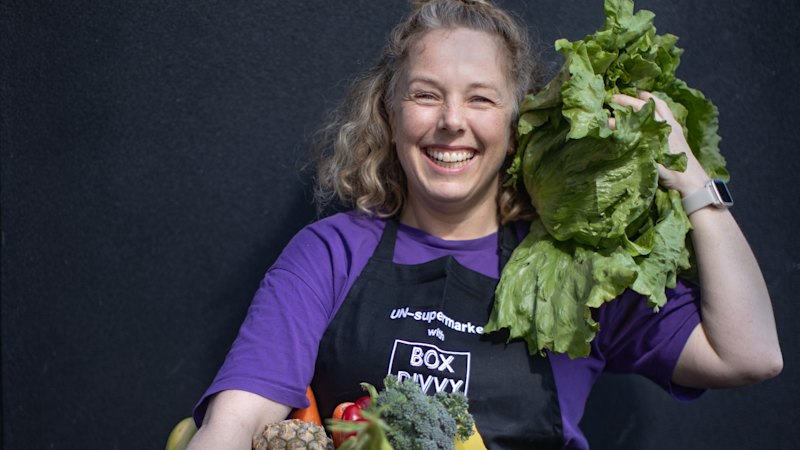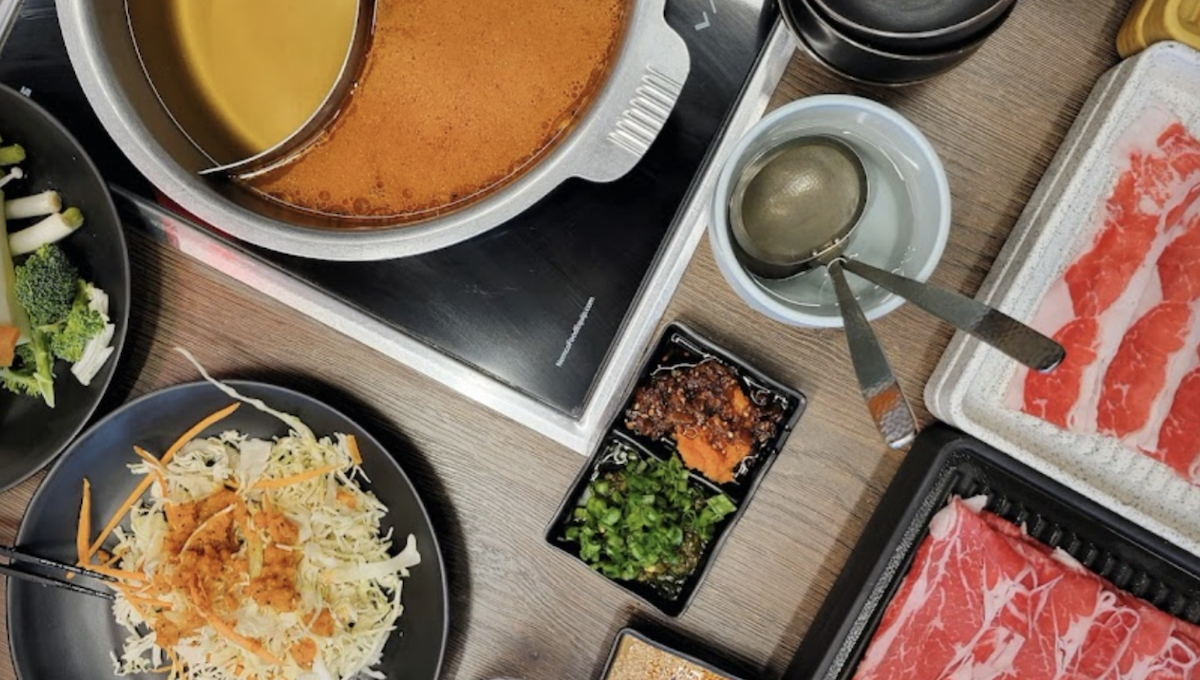
A shift in shopping habits has emerged as consumers explore alternatives to traditional supermarkets. Many people are turning to food cooperatives, with Box Divvy leading the charge in offering fresh produce directly from farms at significantly lower prices. This initiative has attracted attention, especially with the opening of its first Melbourne hub in the suburb of Templestowe.
For the past week, I have exclusively relied on Box Divvy for my family’s food needs, moving away from the usual purchases at Coles and Woolworths. This change has resulted in a bounty of fresh fruits, vegetables, and eggs that were not sourced from these dominant supermarket chains. Having enjoyed meals like pumpkin soup and zucchini slice, I now find myself with just a small amount of leftover produce.
Box Divvy promotes the idea of “unsupermarket,” positioning itself as a more affordable and sustainable option for families. With around 330 branches in New South Wales and the Australian Capital Territory, the co-op plans to expand further, with upcoming locations in Croydon North, Sunbury, and Berwick.
The average Australian spends approximately $108 each week on groceries, with Coles and Woolworths capturing 67% of the total grocery market. These supermarket giants dominate the landscape, boasting extensive product ranges and economies of scale. They are also publicly listed companies, ensuring they adhere to strict governance standards while providing local employment opportunities.
Despite their market power, scrutiny has increased regarding the practices of Coles and Woolworths. Critics argue that these retailers have become among the world’s most profitable grocers, often at the expense of suppliers and consumers. A recent study by the competition regulator revealed that grocery prices have been on the rise for at least five years, highlighting concerns about price manipulation and supplier exploitation by the major players.
According to a spokesperson from AUSVEG, a representative body for vegetable growers, “Supermarkets remain where most Australians buy their fresh produce.” This sentiment underscores the reliance on these large chains, despite their flaws. The spokesperson emphasized the need for growers to receive fair and sustainable prices for their products.
The emergence of food co-ops like Box Divvy signals a potential shift in the grocery market. As consumers seek alternatives that promise freshness and affordability, the impact of this trend on larger supermarkets remains to be seen. With more families considering the benefits of local sourcing, the landscape of grocery shopping in Australia could be on the brink of significant change.






